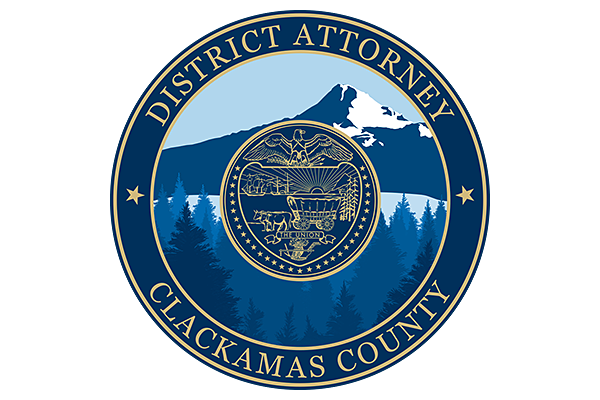Victims have the right to have a meaningful role in the criminal justice process.
Victim Assistance helps individuals exercise their victim rights as found in Oregon law and the Oregon Constitution. The foundation of these rights includes:
- The right to have a meaningful role in the criminal or juvenile justice process.
- The right to be treated with dignity and respect.
- The right to receive fair and impartial treatment.
- The right to receive reasonable protection from the offender.
Some victim rights are automatic and some must be requested. One of the goals of our advocates is to inform a victim of their rights as soon as practicable. There are rights available during an investigation, after arrest, while a court case is pending and after someone has been convicted. See below for an overview of the rights available to victims of crime. There are a variety of ways you can exercise your rights as a victim. For more information, please call Victim Assistance at 503-655-8616 or email victimsassistance@clackamas.us.
Victim Rights in Oregon
Under Oregon Law, YOU have certain rights as the victim in a criminal case. It is important that you know these rights. Some rights are automatic and others you need to request. Please read the information carefully and note that it is your responsibility in exercising your rights at each step in the process of the case.
When criminal charges are filed in court
- You have the right to be reasonably protected from the defendant throughout the entire criminal justice process.
Or. Const. art I, § 43(1). - You have the right to be present at, and if you request, to be informed in advance of any critical stage of the proceedings held in open court when the defendant will be present, and to be heard at the pretrial release hearing and the sentencing or juvenile court delinquency disposition.
Or Const, Art I, § 42(1)(a); ORS 419C.273(1)(a)
When the defendant appears in court
- If you request, you have the right to have your current address and phone number kept from the defendant.
ORS 135.970(1); ORS 135.815 - You have the right to refuse an interview, deposition or other requests by the defendant or any person acting on behalf of the defendant.
Or Const, Art I, § 42(1)(c); ORS 135.970(3) - You have the right to be told the identity of persons working for the defendant. You do not have to talk to or make a formal statement to anyone representing the defendant unless you choose to. You may request to have a deputy district attorney present if you do decide to speak with them.
ORS 135.970(2) - If you request, you have the right to be consulted by the deputy district attorney about plea negotiations on your case, if the case involves a violent felony crime.
Or Const, Art I, § 7 42(1)(f) - If you request, you have the right to be informed of any changes in court dates and hearing if your presence is required. This includes pre-trial and trial.
ORS 136.145 - You have the right to obtain a copy of a transcript of any court proceeding in open court (if one is prepared), at a reasonable cost to you.
Or Const, Art I, § 42(1)(e); ORS 147.419
At sentencing
- You have the right to personally express your views to the court as a Victim Impact Statement or to ask the deputy district attorney to do so for you, or you can hire an attorney (at your own expense) to express your views.
Or Const, Art I, § 42(1)(a) - You have the right to have the judge consider ordering a compensatory fine to be paid to you by the convicted criminal when the evidence supports such an order.
ORS 137.101
After sentencing
- You have the right to receive restitution from the convicted criminal who caused your loss or injury.
ORS 137.106(1) - If you request, you have the right to obtain information about the conviction, sentence, imprisonment, criminal history and future release from physical custody of the defendant, convicted criminal (or youth).
Or Const, Art I, § 42(1)(b) - If you request, and provide the Board of Post-Prison Supervision with your address, you have the right to be notified of, and appear at, any Parole Hearings. The Board must be updated with your current mailing address.
ORS 144.750(2)(a) - If you request, you have the right to be notified 30 days before the convicted criminal is released from prison.
ORS 144.260(2)-(3)
Request your rights
If you are a victim of a crime and your case has been submitted to the Clackamas County District Attorney’s Office, you can request your rights by filling out this form and emailing it to victimsassistance@clackamas.us.
 Translate
Translate









